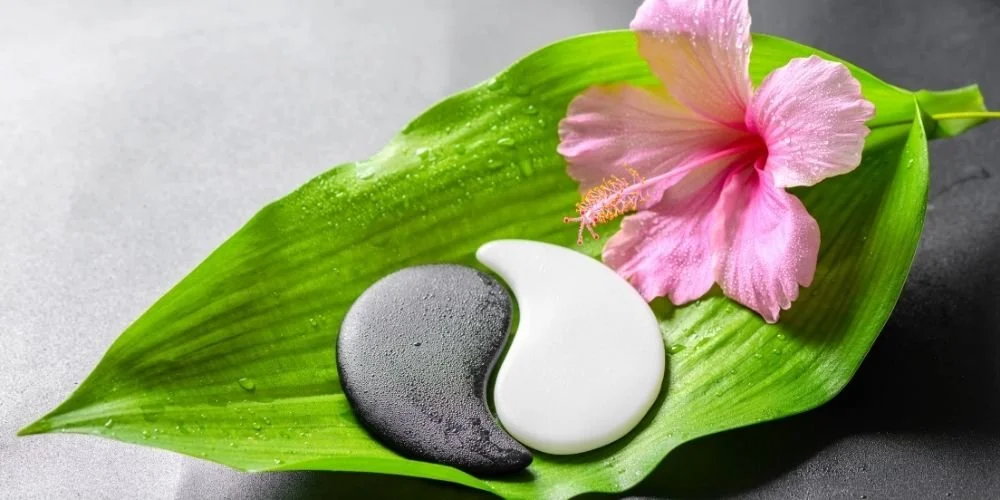Finding Balance in Your Life with Yin and Yang
Written by Nina Jatuparisuthiseen, L.Ac., LMT, C.SMA
Yin Yang
Opposition
Interdependence
Mutual consuming
Inter-transformation
In traditional Chinese medicine, the concept of Yin Yang represents the two complementary and interconnected aspects of the world and the human body. The Yin aspect is associated with darkness, coldness, and stillness, while the Yang aspect is associated with light, warmth, and movement.
In terms of the human body, Yin represents the solid and fluid substances, such as blood, organs, and tissues, while Yang represents the functional activities, such as metabolism, circulation, and movement. The balance of Yin and Yang is essential for maintaining good health and preventing illnesses.
In traditional Chinese medicine, the balance of Yin and Yang is believed to be closely related to the proper functioning of the nervous system. The Yin aspect of the nervous system is associated with the parasympathetic nervous system, which helps the body rest and digest.
On the other hand, the Yang aspect of the nervous system is associated with the sympathetic nervous system, which helps the body respond to stress and danger. When the Yang aspect is disrupted in the nervous system, it may lead to various health problems, such as anxiety, depression, insomnia, and chronic pain.
Traditional Chinese medicine practitioners use various techniques, such as acupuncture, herbal medicine, Tuina (Chinese Therapeutic massage), Qi Qong (a form of movement and mind using intention and mindfulness to guide life force to make Qi work.) and dietary therapy, to restore the balance of Yin and Yang in the nervous system and improve its overall function. By doing so, they aim to promote mental and emotional well-being, as well as physical health.
To find out and give yourself a guideline, are you living a balanced life?
How many hours in a day do you do Yin activities and Yang activities?
Total of Yin hours ________________
Total of Yang hours _______________
Nothing is totally good and bad.
Therefore, when it becomes hyper-functions or hypo-functions.
The pathology occurs.
Excessive work (Yang) without rest (Yin) induces extreme deficiency (Yin) of the body’s energies. You are depleted.
A sedentary lifestyle (Yin) without moving (Yang) induces extreme deficiency of the body’s energies. You are weak.
Not getting enough sleep (Yin) to restore leads to not having the energy (Yang) to perform the next day. You are exhausted.
Health Tips
Our go-go society mentality tends to be the Yang phase. We are filling up our daily schedule with to-do lists and multi-tasks to optimize our time, filling pleasure activities in between or packing and traveling somewhere to take a vacation.
The Yin phase can be applied in our daily routine: be in the moment, pause, and breathe.
References
Kim, H. (2015). Handbook of Oriental Medicine. AcupunctureMedia.com.
McCorry LK. Physiology of the autonomic nervous system. Am J Pharm Educ. 2007 Aug 15;71(4):78. doi: 10.5688/aj710478. PMID: 17786266; PMCID: PMC1959222.
Wan-Chung Hu. Yin-Yang in Traditional Medicine and Its Relation to Parasympathetic (NO-cGMP) and Sympathetic (CO-cAMP) Balance. J Chin Med 27(1): 2701003, 6 pages, 2016. DOI: 10.3966/241139642016062701003. E-ISSN: 24113964
Yong-Ning Niu1 , Yan-Fang Mo23, Xiong-Zhi Wu. The New Understanding of Yin and Yang of TCM Physiological Model. doi:10.12032/H-PM2019D0801



